
Funafuti Atoll: A Hidden Gem in Tuvalu
Funafuti Atoll, the capital of Tuvalu, is a hidden paradise waiting to be explored. This stunning atoll is a ring-shaped coral reef that includes a lagoon, a marine conservation area, and several islets. With its crystal-clear waters, white sandy beaches, and vibrant marine life, Funafuti offers a serene escape from the hustle and bustle of modern life. The atoll is perfect for snorkeling and diving enthusiasts. The marine conservation area, known as the Funafuti Conservation Area, is home to a diverse array of marine species, including colorful corals, tropical fish, and sea turtles. For those who prefer to stay on land, the islets provide a tranquil setting for beachcombing, picnicking, and simply soaking in the stunning views. Funafuti is also rich in cultural heritage. Visitors can explore traditional Tuvaluan life by visiting local villages, participating in cultural events, and learning about the unique customs and traditions of the islanders. The island’s blend of natural beauty and cultural richness makes it a must-visit destination for those seeking a unique and memorable travel experience.
Local tips in Funafuti Atoll
- Pack light, breathable clothing to stay comfortable in the tropical climate.
- Bring snorkeling gear to fully enjoy the vibrant marine life in the lagoon.
- Respect local customs and traditions; dress modestly when visiting villages.
- Carry cash, as there are limited ATMs and credit card facilities on the island.
- Visit the Funafuti Conservation Area for the best snorkeling and diving experiences.
Funafuti Atoll: A Hidden Gem in Tuvalu
Funafuti Atoll, the capital of Tuvalu, is a hidden paradise waiting to be explored. This stunning atoll is a ring-shaped coral reef that includes a lagoon, a marine conservation area, and several islets. With its crystal-clear waters, white sandy beaches, and vibrant marine life, Funafuti offers a serene escape from the hustle and bustle of modern life. The atoll is perfect for snorkeling and diving enthusiasts. The marine conservation area, known as the Funafuti Conservation Area, is home to a diverse array of marine species, including colorful corals, tropical fish, and sea turtles. For those who prefer to stay on land, the islets provide a tranquil setting for beachcombing, picnicking, and simply soaking in the stunning views. Funafuti is also rich in cultural heritage. Visitors can explore traditional Tuvaluan life by visiting local villages, participating in cultural events, and learning about the unique customs and traditions of the islanders. The island’s blend of natural beauty and cultural richness makes it a must-visit destination for those seeking a unique and memorable travel experience.
When is the best time to go to Funafuti Atoll?
Iconic landmarks you can’t miss
Funafuti
Explore the tranquil beauty of Funafuti Atoll, a hidden gem in Tuvalu with pristine beaches and vibrant marine life, perfect for relaxation and adventure.
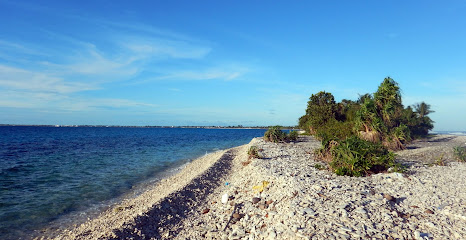
Funafala
Explore Funafala, Tuvalu: A tranquil island haven with stunning beaches, lush landscapes, and vibrant marine life awaits your discovery.
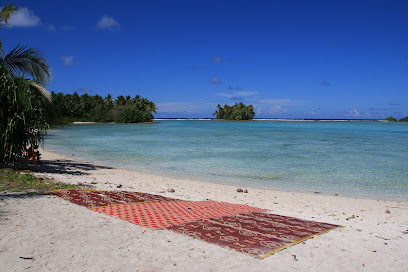
Tuvalu Women’s Handicraft Centre
Explore the rich cultural heritage of Tuvalu at the Women's Handicraft Centre, a treasure trove of authentic local artistry and craftsmanship.
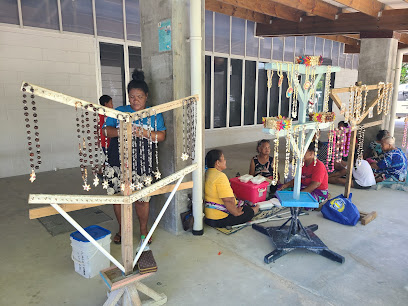
Afelita
Experience the warmth of Tuvalu at Afelita, a charming bed & breakfast offering cozy accommodations and a taste of local culture in Vaiaku.
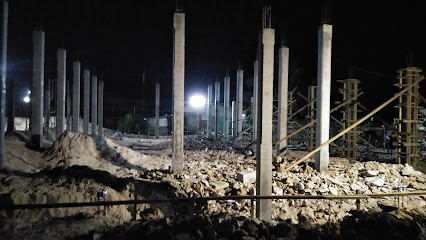
Funafuti Conservation Area
Discover the untouched paradise of Funafuti Conservation Area, where stunning landscapes and vibrant biodiversity await eco-tourists and nature lovers.

Tepukahakai
Explore Tepukahakai, a serene tourist attraction in Tuvalu, where stunning beaches and vibrant marine life await for a perfect day of relaxation and adventure.
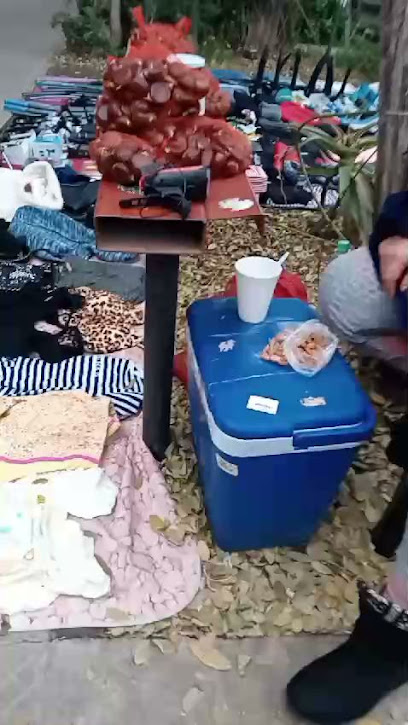
Tepuka Vili Vili
Explore the serene beauty of Tepuka Vili Vili, a hidden island paradise in Tuvalu known for its stunning beaches and vibrant marine life.

Fale Fatu
Explore Fale Fatu, Tuvalu's serene island paradise with stunning beaches, vibrant marine life, and rich cultural experiences waiting for you.

Funamanu
Explore the tranquil beauty of Funamanu, Tuvalu, where pristine beaches, vibrant culture, and endless adventure await in the heart of the Pacific.

Unmissable attractions to see
Funagogoʻiliʻili Beach
Experience the tranquility and breathtaking beauty of Funagogoʻiliʻili Beach, a hidden paradise in Tuvalu perfect for relaxation and adventure.
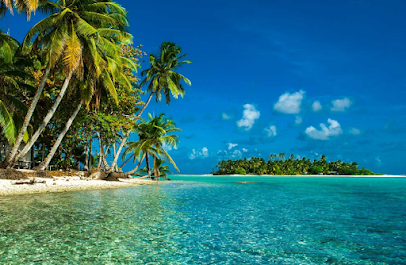
Tuvalu Women’s Handicraft Centre
Explore the vibrant culture of Tuvalu at the Women’s Handicraft Centre, a unique celebration of local artistry and traditional craftsmanship.
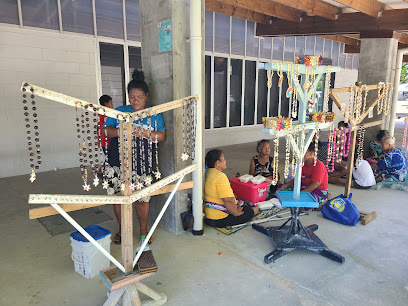
Fualu’ulopa Beach
Discover the tranquility of Fualu’ulopa Beach in Tuvalu, where pristine sands and vibrant marine life create the perfect tropical escape.
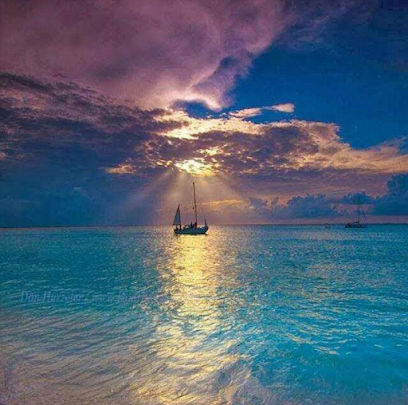
Elelemeral Tohu
Discover the serene beauty of Elelemeral Tohu in Vaiaku, Tuvalu - a perfect getaway for relaxation and exploration amidst stunning landscapes.

Tefonufala Beach
Explore the untouched beauty of Tefonufala Beach in Tuvalu, where soft sands meet crystal-clear waters for an unforgettable tropical getaway.
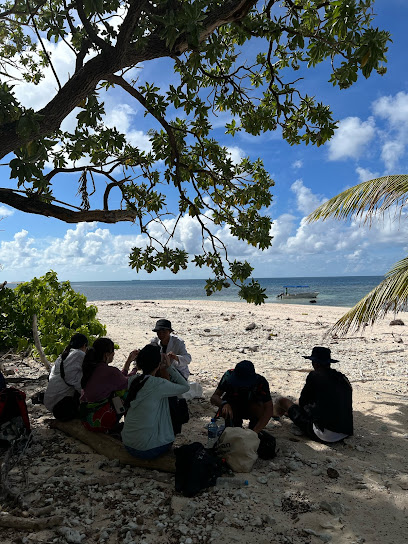
Funafuti Conservation Area
Discover the untouched beauty of Funafuti Conservation Area, a paradise for marine life and a haven for eco-tourists in Tuvalu.

Tepukahakai
Explore Tepukahakai in Vaiaku, Tuvalu: A serene tourist attraction perfect for swimming, picnicking, and experiencing the local culture.
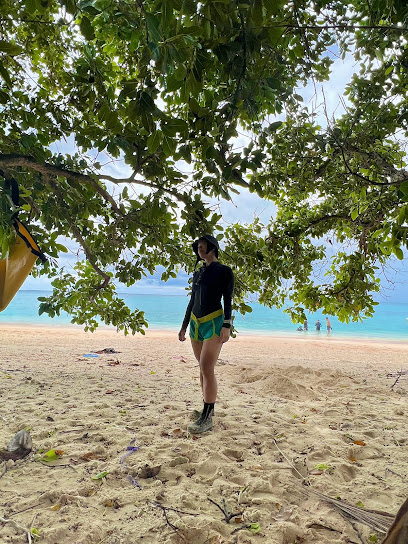
Funamoana Takutai
Discover the tranquil beauty of Funamoana Takutai, a serene tourist attraction in Vaiaku, Tuvalu, perfect for relaxation and cultural experiences.
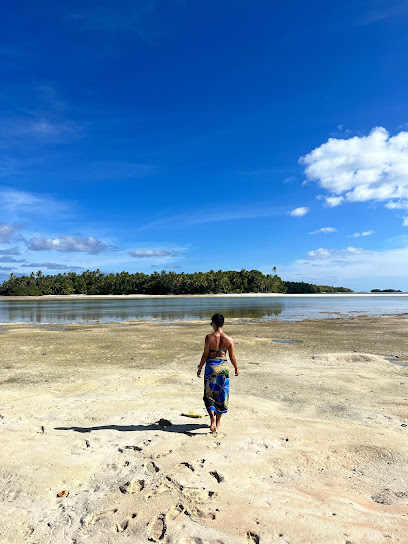
Te Vili o Tavita
Experience the tranquil beauty of Te Vili o Tavita, a hidden gem in Tuvalu offering breathtaking landscapes and cultural insights.
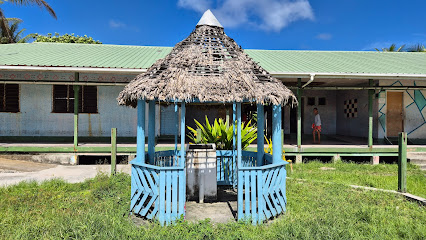
Essential places to dine
Funafuti
Explore Funafuti Atoll: A peaceful tropical paradise in Tuvalu with stunning beaches and rich cultural experiences.
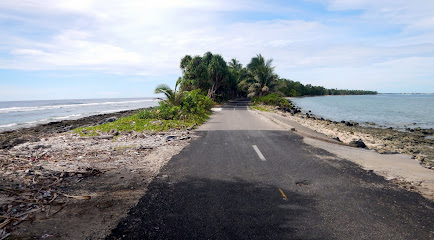
Funafuti Lagoon Hotel
Experience authentic island living at Funafuti Lagoon Hotel, your gateway to Tuvalu's breathtaking beauty and rich culture.

Blue Ocean Restaurant
Discover exquisite flavors at Blue Ocean Restaurant in Vaiaku - where local ingredients meet stunning ocean views.
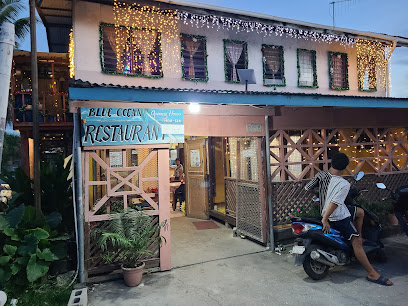
Afelita’s Island Resort
Discover serenity at Afelita’s Island Resort in Tuvalu - where stunning landscapes meet luxurious comfort for an unforgettable getaway.
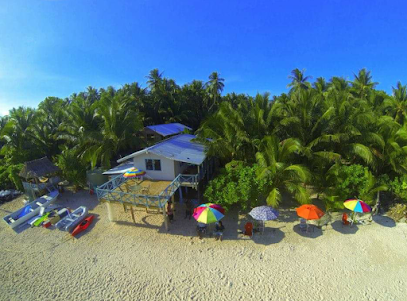
Fripay BBQ
Experience authentic barbecue flavors at Fripay BBQ in Vaiaku, Tuvalu – where local cuisine meets vibrant culture.
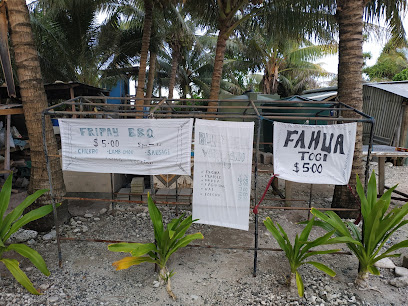
Esfam Lodge
Experience unparalleled hospitality at Esfam Lodge in Fongafale, Tuvalu – where comfort meets local culture amidst stunning landscapes.

Filamona Lodge
Discover tranquility and authentic Tuvaluan hospitality at Filamona Lodge – your perfect retreat in paradise.

Chez Imogan
Experience the vibrant local culture at Chez Imogan, a tropical bar in Tuvalu offering refreshing drinks and friendly service amidst stunning island scenery.
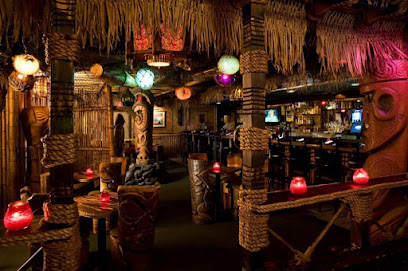
Sue's Kitchen
Experience authentic island flavors at Sue's Kitchen, where every meal tells a story in the heart of Funafuti.
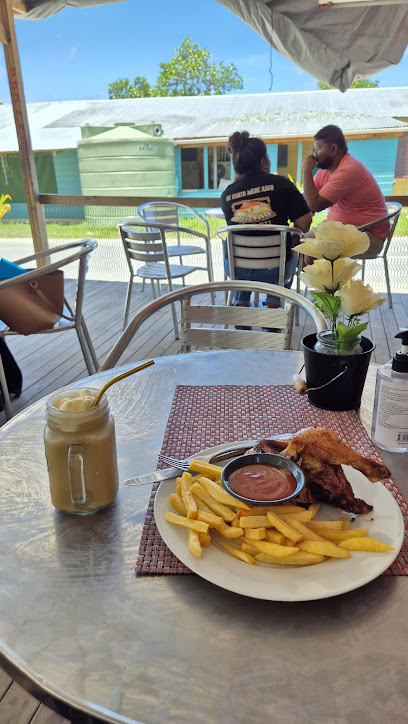
Matagigali Bar
Experience vibrant nightlife at Matagigali Bar in Vaiaku, Tuvalu – where locals gather for fun, drinks, and unforgettable memories.
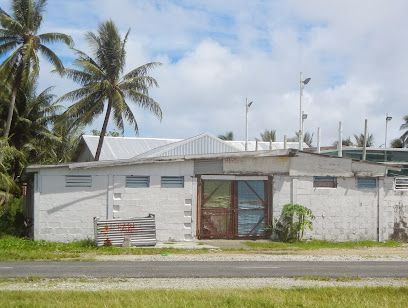
Halavai Restaurant
Discover Halavai Restaurant in Vaiaku for an authentic taste of Tuvaluan cuisine amidst breathtaking island scenery.
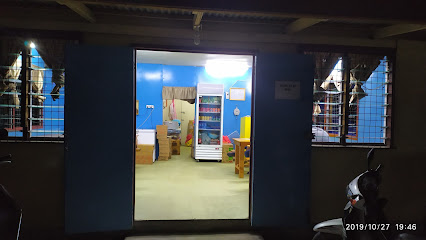
Warmasiri lodge
Discover peace at Warmasiri Lodge, your serene retreat in Vaiaku, Tuvalu - where comfort meets breathtaking natural beauty.

Nangs
Discover the authentic flavors of Tuvaluan cuisine at Nangs in Vaiaku—where every meal is a celebration of local culture.
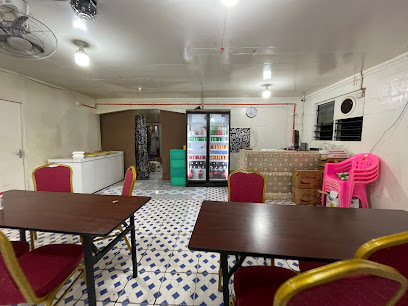
Afelita
Discover tranquility at Afelita Bed & Breakfast in Vaiaku, Tuvalu - your gateway to serene landscapes and authentic island experiences.
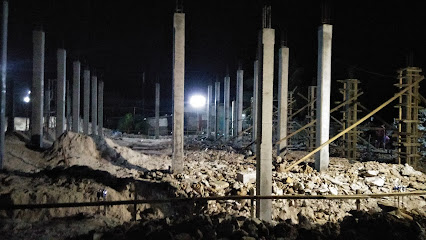
Dillian Restaurant & Bar
Discover authentic Tuvaluan cuisine at Dillian Restaurant & Bar, where every dish tells a story amidst stunning island views.
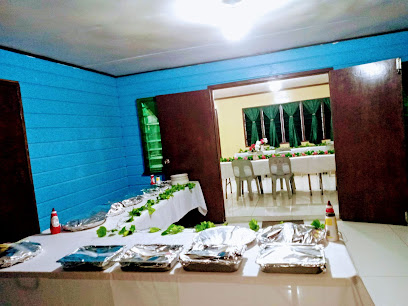
Markets, malls and hidden boutiques
Funafuti International Airport
Discover the charm of Tuvalu at Funafuti International Airport, your gateway to a serene Pacific paradise filled with breathtaking landscapes and rich culture.
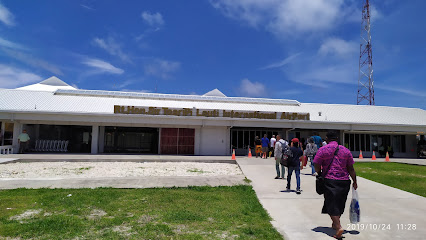
Funafuti
Experience the serene beauty and vibrant culture of Funafuti Atoll, a hidden paradise in Tuvalu with breathtaking lagoons and rich heritage.
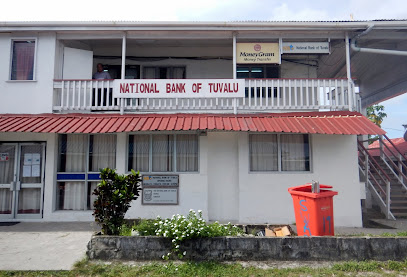
Funafuti Lagoon Hotel
Discover the serene beauty and rich culture of Tuvalu at Funafuti Lagoon Hotel, your perfect getaway in paradise.

Afelita’s Island Resort
Experience the serene beauty of Tuvalu at Afelita’s Island Resort, your perfect getaway surrounded by pristine beaches and vibrant culture.
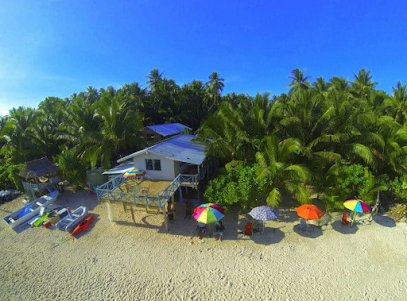
Island Supermarket
Discover the essence of local life at Island Supermarket in Vaiaku, Tuvalu, where essential shopping meets authentic island culture.
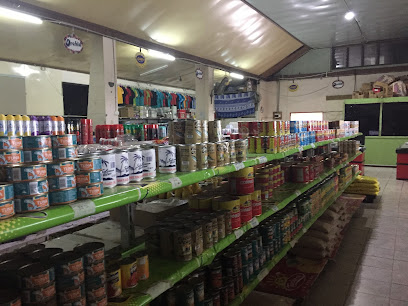
Esfam Lodge
Discover the serene beauty of Funafuti at Esfam Lodge, your perfect retreat in the heart of Tuvalu's stunning landscapes.

Filamona Lodge
Experience the tranquility of Tuvalu at Filamona Lodge, your perfect oasis on the island of Funafuti, surrounded by stunning ocean views.

Jimmy Store
Discover local flavors and everyday essentials at Jimmy Store, the largest supermarket in Vaiaku, Tuvalu, your gateway to island life.
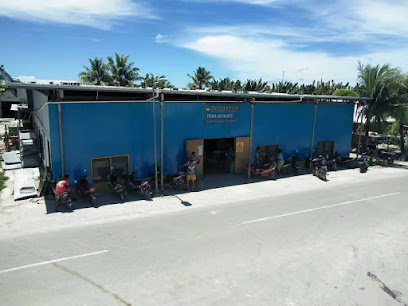
Fongafale
Discover the unique charm of Fongafale, the capital island of Tuvalu, where culture, beauty, and adventure await every traveler.
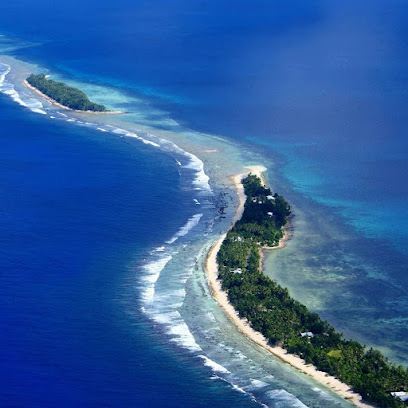
L's Lodge
Discover Tuvalu's charm at L's Lodge, where comfort meets local hospitality for an unforgettable travel experience.

Tuvalu Telecom
Discover Tuvalu Telecom: Your essential stop for connectivity and local culture in the heart of Vaiaku, Tuvalu's vibrant telecommunications hub.
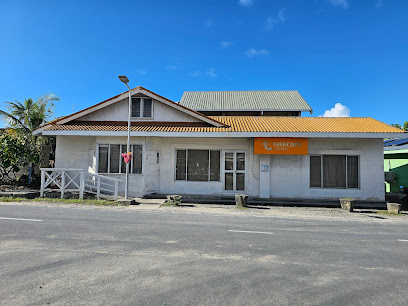
The Twins Auto Motor Repair
Discover expert motor scooter repairs at The Twins Auto Motor Repair in Vaiaku, Tuvalu — where quality service meets island adventure.
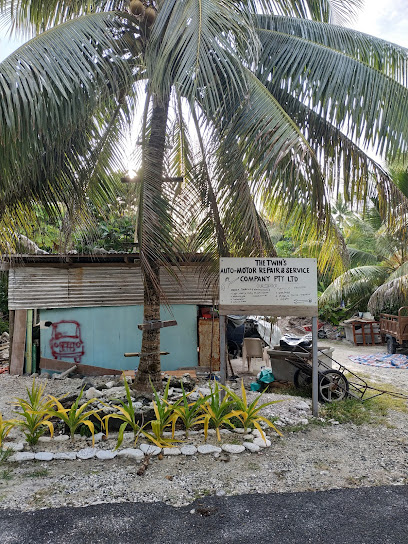
Tuvalu Women’s Handicraft Centre
Explore the rich cultural heritage and exquisite craftsmanship at Tuvalu Women’s Handicraft Centre, a must-visit ethnographic museum.
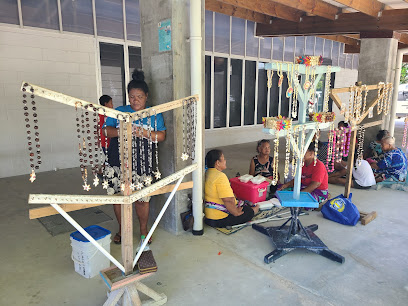
LJ Enterprise Store
Experience the essence of Tuvalu at LJ Enterprise Store, a unique home goods shop in Vaiaku offering local crafts and essential items.
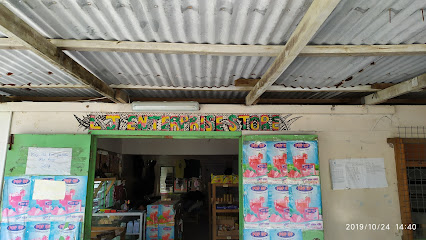
Funafuti Conservation Area
Explore the vibrant marine life and lush landscapes of the Funafuti Conservation Area, a must-visit eco-tourism paradise in Tuvalu.

Essential bars & hidden hideouts
Funafuti International Airport
Explore the tropical paradise of Tuvalu through Funafuti International Airport, your gateway to stunning islands and unforgettable adventures.
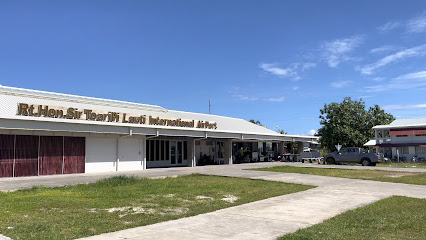
Funafuti
Explore Funafuti Atoll, Tuvalu: a tranquil paradise of stunning lagoons, vibrant culture, and breathtaking natural beauty.
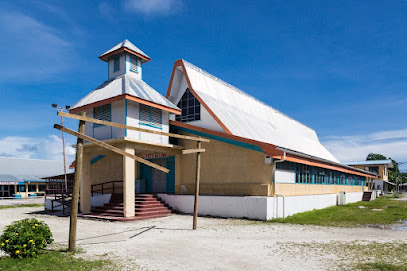
Tonga Bar & Cafe
Discover the vibrant atmosphere and local flavors at Tonga Bar & Cafe, your go-to spot for relaxation and socializing in Tonga, Tuvalu.

Funafuti Lagoon Hotel
Experience the serene beauty of Tuvalu at Funafuti Lagoon Hotel—your gateway to relaxation and adventure in a stunning lagoon setting.

Blue Ocean Restaurant
Experience the best of Tuvaluan cuisine at Blue Ocean Restaurant, where ocean views and delightful flavors come together.
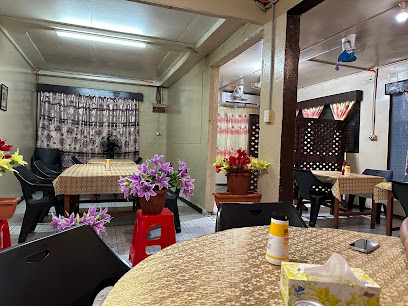
Afelita’s Island Resort
Experience the serene beauty and adventure at Afelita’s Island Resort, your tropical getaway in the heart of Tuvalu.
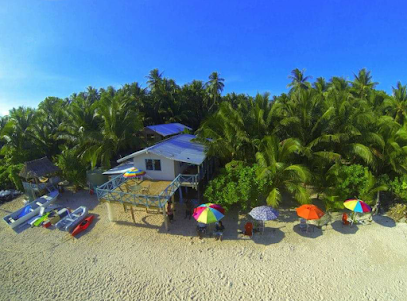
Island Supermarket
Explore the vibrant flavors of Tuvalu at Island Supermarket, where fresh local produce meets unique island snacks for an unforgettable experience.
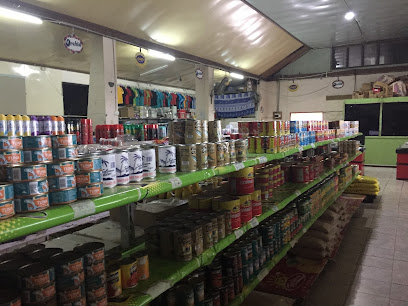
Fripay BBQ
Discover the vibrant flavors of Tuvalu at Fripay BBQ, where authentic barbecue meets warm hospitality for a memorable dining experience.
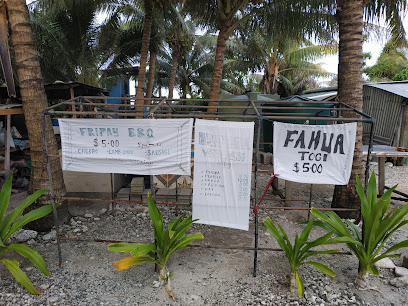
Jimmy Store
Explore Jimmy Store in Vaiaku: Your one-stop supermarket for local goods, daily essentials, and delicious soft serve ice cream.
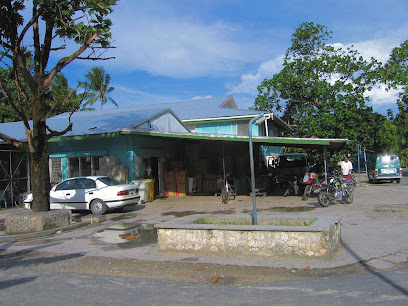
Filamona Lodge
Experience the serene charm of Filamona Lodge in Tuvalu, a haven for relaxation and cultural immersion amidst breathtaking ocean views.

Chez Imogan
Experience the vibrant atmosphere and local culture at Chez Imogan, the premier bar in Amatuku, Tuvalu, where every sip tells a story.
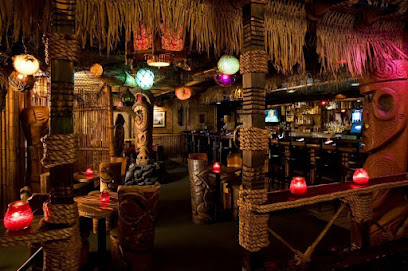
Sue's Kitchen
Experience authentic Tuvaluan flavors at Sue's Kitchen, a charming café in Vaiaku, where local cuisine meets warm hospitality.
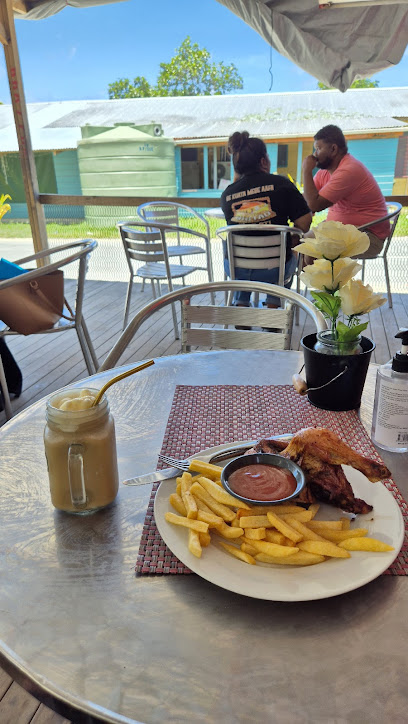
L's Lodge
Experience the tranquility of Tuvalu at L's Lodge, where comfort meets the beauty of nature.

Matagigali Bar
Experience the vibrant nightlife at Matagigali Bar in Tuvalu, where fun meets culture in a friendly atmosphere.
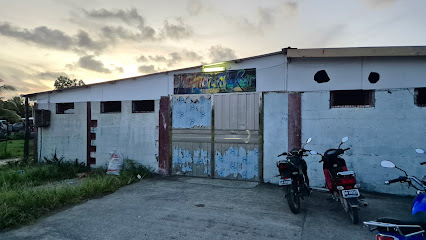
Local Phrases about Funafuti Atoll
-
- HelloTalofa
[Tah-loh-fah] - GoodbyeTōfā
[Toh-fah] - YesIoe
[Ee-oh-eh] - NoLeai
[Leh-eye] - Please/You're welcomeFakafetai
[Fah-kah-feh-tie] - Thank youFakafetai
[Fah-kah-feh-tie] - Excuse me/SorryTulou
[Too-loh] - How are you?Fefe hake?
[Feh-feh hah-keh] - Fine. And you?Fakafoou. E hake?
[Fah-kah-foh-oh. Eh hah-keh] - Do you speak English?Ko fai te galue i le faia faainglisi?
[Koh fai teh gah-loo-eh ee leh fah-ee-ah fah-ah-een-glee-see] - I don't understandE le mafai ona ou te iloilo
[Eh leh mah-fai oh-nah oh-nah oh-teh eel-oh-ee-loh]
- HelloTalofa
-
- I'd like to see the menu, pleaseOu te fia vaega i le meaai, faamalie atu
[Oh-teh fee-ah vah-eh-gah ee leh meh-ah-eye, fah-ah-mah-lee-eh ah-too] - I don't eat meatE le auai i le momo
[Eh leh ow-eye ee leh moh-moh] - Cheers!Manuia!
[Mah-noo-ee-ah] - I would like to pay, pleaseOu te fia totogi, faamalie atu
[Oh-teh fee-ah toh-toh-gee, fah-ah-mah-lee-eh ah-too]
- I'd like to see the menu, pleaseOu te fia vaega i le meaai, faamalie atu
-
- Help!Fesoasoani!
[Feh-soh-ah-soh-ah-nee] - Go away!Alu i le tasi!
[Ah-loo ee leh tah-see] - Call the Police!Faafesootai i leoleo!
[Fah-ah-feh-soh-oh-tie ee leh-oh-leh-oh] - Call a doctor!Faafesootai i le foma'i!
[Fah-ah-feh-soh-oh-tie ee leh foh-mah-ee] - I'm lostUa iloa
[Oo-ah ee-loh-ah] - I'm illUa matamata
[Oo-ah mah-tah-mah-tah]
- Help!Fesoasoani!
-
- I'd like to buy...Ou te fia faatau...
[Oh-teh fee-ah fah-ah-tah-oo] - I'm just lookingOu te vaai
[Oh-teh vah-eye] - How much is it?O lea e lelei atu?
[Oh leh-ah eh leh-leh-eye ah-too] - That's too expensiveO lelei tele
[Oh leh-leh-eye teh-leh] - Can you lower the price?E mafai ona ou fesili ma le tau
[Eh mah-fai oh-nah oh-feh-see-lee mah leh tah-oo]
- I'd like to buy...Ou te fia faatau...
-
- What time is it?O le a le taimi?
[Oh leh ah leh tah-ee-mee] - It's one o'clockO le tasi
[Oh leh tah-see] - Half past (10)I le faafulu
[Ee leh fah-ah-foo-loo] - MorningAso fanau
[Ah-soh fah-now] - AfternoonAfiafi
[Ah-fee-ah-fee] - EveningVailima
[Vah-ee-lee-mah] - YesterdayAnanafi
[Ah-nah-nah-fee] - TodayLenei
[Leh-neh-ee] - TomorrowFiafia
[Fee-ah-fee-ah] - 1Tasi
[Tah-see] - 2Lua
[Loo-ah] - 3Tolu
[Toh-loo] - 4Fa
[Fah] - 5Lima
[Lee-mah] - 6Ono
[Oh-noh] - 7Fitu
[Fee-too] - 8Valu
[Vah-loo] - 9Iva
[Ee-vah] - 10Sefulu
[Seh-foo-loo]
- What time is it?O le a le taimi?
-
- Where's a/the...?O fea le...?
[Oh feh-ah leh] - What's the address?O le tusi i le tuatusi?
[Oh leh too-see ee leh too-ah-too-see] - Can you show me (on the map)?E mafai ona ou faaaloalo?
[Eh mah-fai oh-nah oh-fah-ah-lo-ah-loh] - When's the next (bus)?O le a lea fuai?
[Oh leh ah leh-ah foo-eye] - A ticket (to ....)Tiketi (i ...)
[Tee-keh-tee (ee ...)]
- Where's a/the...?O fea le...?
History of Funafuti Atoll
-
Funafuti Atoll, like many islands in the Pacific, was first settled by Polynesians over a thousand years ago. These early inhabitants navigated the vast ocean using traditional methods, relying on their deep understanding of the stars, ocean currents, and wind patterns. The atoll provided a bountiful environment with its rich marine life and fertile land for growing taro and other crops.
-
The first recorded European contact with Funafuti Atoll was made in 1819 by Captain Arent de Peyster, who was commanding the British ship Rebecca. He named the islands Ellice's Group, after the ship’s owner. This period marked the beginning of significant changes for the local population, as new goods, diseases, and cultural practices were introduced by visitors.
-
In the late 19th century, Funafuti became part of the British protectorate known as the Gilbert and Ellice Islands. This era saw the introduction of Western education, Christianity, and new administrative structures. Missionaries played a significant role in transforming the cultural and social landscape, establishing churches and schools that are still central to community life today.
-
During World War II, Funafuti Atoll served as a strategic location for the Allied forces. In 1942, American troops built an airstrip on the atoll, which played a critical role in the Pacific theater. The remnants of this military presence, including bunkers and aircraft wrecks, can still be seen and visited, providing a tangible connection to this turbulent period in history.
-
After World War II, Funafuti and the rest of the Ellice Islands experienced a slow but steady development. In 1978, Tuvalu gained independence from British colonial rule. Funafuti was chosen as the capital of the new nation, and it has since developed into the political and economic heart of Tuvalu, while maintaining its traditional Polynesian culture.
-
In recent decades, Funafuti has become a focal point in the global discussion on climate change. The atoll's low elevation makes it particularly vulnerable to rising sea levels and extreme weather events. The community has been actively involved in international climate negotiations, advocating for stronger action to protect their homeland and way of life.
Funafuti Atoll Essentials
-
Funafuti Atoll is accessible primarily by air. The main point of entry is Funafuti International Airport (FUN), which receives flights from Suva, Fiji. Fiji Airways is the main airline that operates flights to Funafuti. There are no direct flights from other countries, so travelers will need to transit through Fiji. The airport is located on the main island, Fongafale, which is part of the Funafuti Atoll.
-
Funafuti Atoll is small enough that most places can be reached on foot or by bicycle. Bicycles and motorbikes are popular means of transportation and can be rented from local shops. There are a few taxis available, but they need to be booked in advance. There is no public bus service on the atoll. Boat services may be available for inter-island travel within Tuvalu, but schedules can be irregular.
-
The official currency of Tuvalu is the Australian Dollar (AUD). Credit cards are not widely accepted, so it is advisable to carry sufficient cash. There is one bank on Funafuti, the National Bank of Tuvalu, which offers basic banking services, including currency exchange. ATMs are not available, so plan accordingly and withdraw enough cash before arriving.
-
Funafuti is generally a very safe destination with low crime rates. However, petty crime can occur, so it is advisable to keep an eye on your belongings, especially in public areas. There are no specific high-crime areas targeting tourists. Always practice common sense and stay vigilant, particularly at night.
-
In case of an emergency, contact the local police by dialing 911 or visit the police station located in Fongafale. For medical emergencies, the Princess Margaret Hospital is the main healthcare facility on the atoll. It is recommended to have travel insurance that covers medical emergencies, including medical evacuation, as the hospital's facilities are limited.
-
Fashion: Do dress modestly; lightweight, breathable clothing is recommended. Avoid wearing revealing outfits. Religion: Do respect local customs and traditions. When visiting churches, dress conservatively and remove your hat. Public Transport: Do be respectful of others and avoid loud conversations. Greetings: Do greet locals with a smile or a slight nod. Handshakes are less common. Eating & Drinking: Do try local dishes such as pulaka and coconut crab. Don't waste food, as resources can be scarce.
-
To experience Funafuti like a local, consider attending a community event or celebration, as these are great opportunities to learn about Tuvaluan culture. Visit the Funafuti Conservation Area, where you can enjoy snorkeling and see a variety of marine life. Engage with locals at the market to buy fresh produce and handmade crafts. Respect the environment by not littering and being mindful of your ecological footprint on the atoll.
Nearby Cities to Funafuti Atoll
-
Things To Do in Vaiaku
-
Things To Do in Fongafale
-
Things To Do in Nukufetau
-
Things To Do in Rakiraki
-
Things To Do in Levuka
-
Things To Do in Lautoka
-
Things To Do in Savusavu
-
Things To Do in Labasa
-
Things To Do in Ba
-
Things To Do in Falealupo
-
Things To Do in Nadi
-
Things To Do in Asau
-
Things To Do in Nausori
-
Things To Do in Manase
-
Things To Do in Fagamalo








